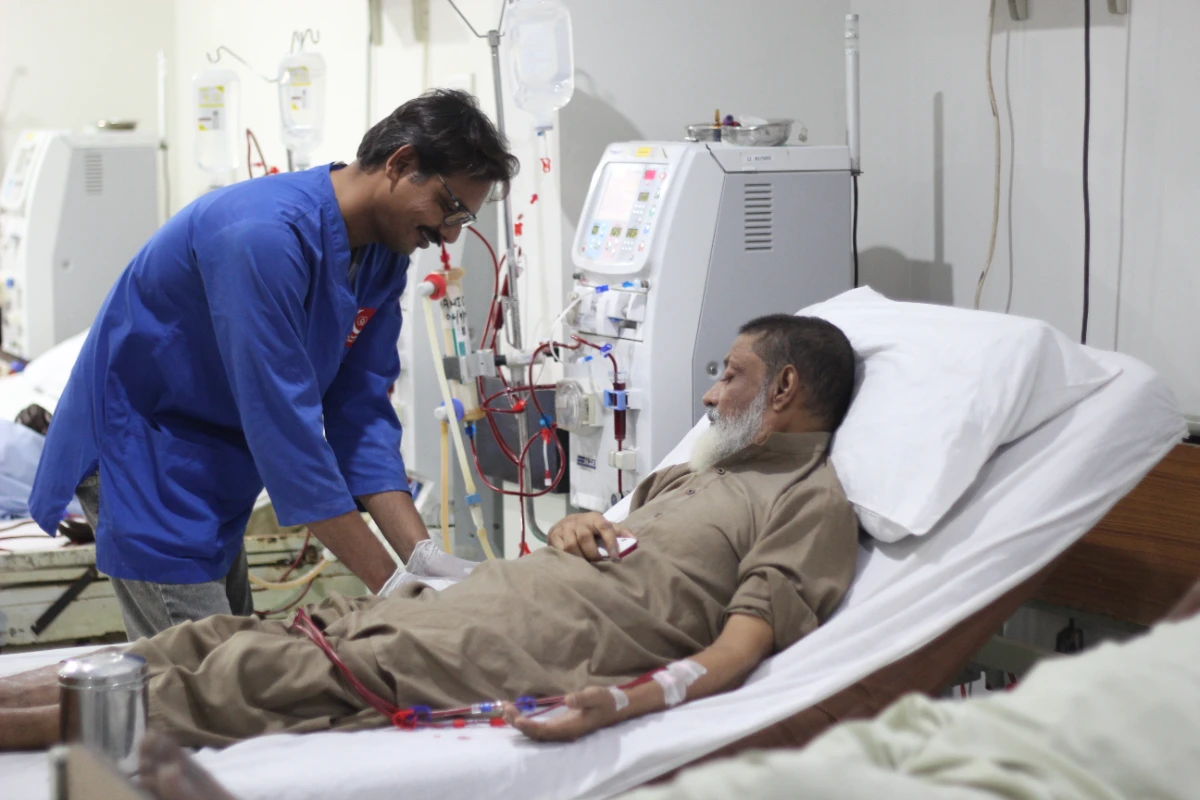Dialysis is a medical procedure that helps people with kidney failure to manage their condition by filtering out waste products from their blood. While dialysis can help individuals to maintain their health, it can also be a significant challenge to cope with the physical, emotional, and practical issues that come with it. In this blog, we will explore some of the common challenges that people face when living with dialysis and offer some coping strategies to help overcome them.
Physical Challenges
One of the most significant physical challenges of dialysis is the time commitment. Typically, individuals on dialysis need to undergo treatment three times per week, with each session lasting around 3-4 hours. This can be a significant strain on individuals’ time and energy, as well as their ability to maintain other aspects of their daily lives.
Another physical challenge is the side effects of dialysis, which can include nausea, headaches, cramps, and fatigue. These side effects can make it difficult for individuals to engage in their usual activities and can lead to a sense of frustration and loss of control.
Coping Strategies:
To cope with the physical challenges of dialysis, individuals can try to incorporate physical activity into their daily routine. Even simple activities such as walking or stretching can help to improve energy levels and reduce feelings of fatigue. It is also important to eat a healthy, well-balanced diet and to stay hydrated to support overall health and well-being.
It is important for individuals on dialysis to seek emotional support from friends, family members, or mental health professionals. Talking about one’s feelings and experiences can help to reduce anxiety and depression and provide a sense of community and support. It may also be helpful to engage in relaxation techniques such as meditation or yoga, which can promote a sense of calm and relaxation.
Emotional Challenges
Living with dialysis can be emotionally challenging, and it is common for individuals to experience feelings of anxiety, depression, and isolation. Coping with a chronic illness can be a stressful experience, and the disruption to daily routines and activities can lead to a sense of loss and a decrease in self-esteem.
Financial Challenges
Dialysis can also present financial challenges for individuals, as the cost of treatment and associated medical expenses can be significant. This can lead to a sense of financial strain and anxiety, which can be difficult to manage.
Conclusion
Living with dialysis can be challenging, both physically, emotionally, practically, and financially. However, there are many coping strategies that can help individuals to manage these challenges and maintain their overall health and well-being. By seeking emotional support, incorporating physical activity into daily routines, creating a structured routine for managing medication and medical appointments, and exploring financial assistance programs, individuals on dialysis can improve their quality of life and manage their condition effectively.
